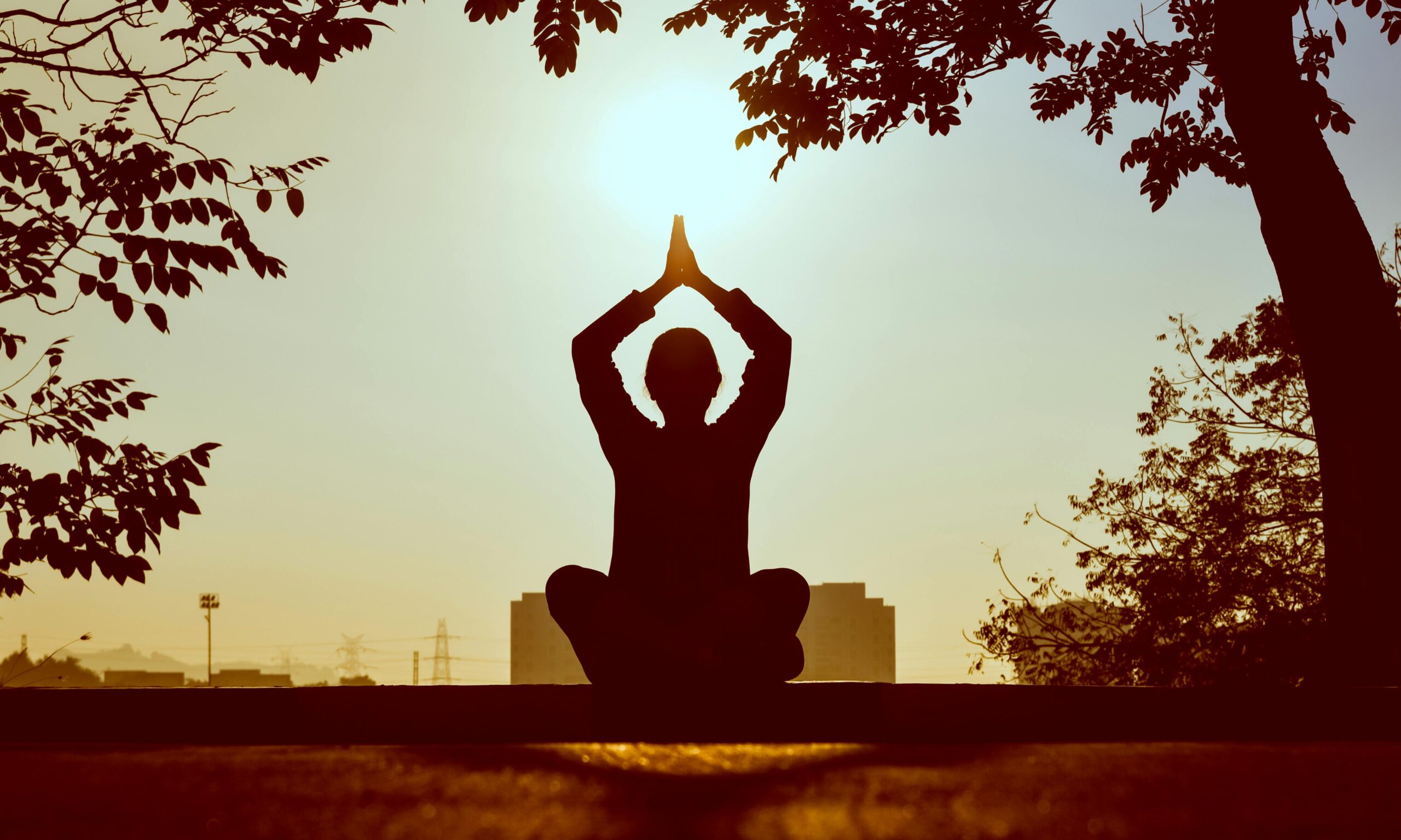Yoga, an ancient practice that combines physical postures, breath control, meditation, and ethical principles, has been recognized for its numerous benefits to mental health. Here’s how yoga can positively impact your mental well-being:
1. Reduces Stress
- Mechanism: Yoga reduces the levels of cortisol, the body’s primary stress hormone.
- Practice: Incorporating mindfulness, deep breathing, and physical relaxation helps mitigate stress.
- Poses: Forward bends, child’s pose, and legs-up-the-wall pose are particularly effective.
2. Alleviates Anxiety
- Mechanism: Yoga promotes relaxation and reduces the physiological arousal associated with anxiety.
- Practice: Regular yoga practice can help calm the nervous system and reduce anxiety symptoms.
- Poses: Corpse pose, cat-cow pose, and bridge pose can be beneficial.
3. Improves Mood
- Mechanism: Yoga increases the production of serotonin and endorphins, the body’s natural mood lifters.
- Practice: The combination of physical activity, mindfulness, and breathing exercises enhances mood.
- Poses: Sun salutations, warrior poses, and backbends are uplifting.
4. Enhances Emotional Regulation
- Mechanism: Yoga helps in recognizing and managing emotions through increased self-awareness.
- Practice: Mindfulness and meditation components of yoga allow for better emotional control and resilience.
- Poses: Tree pose, seated meditation, and eagle pose encourage focus and balance.
5. Combats Depression
- Mechanism: Yoga increases brain chemicals that combat depression, such as gamma-aminobutyric acid (GABA).
- Practice: Consistent practice has been shown to significantly reduce symptoms of depression.
- Poses: Cobra pose, fish pose, and savasana (corpse pose) are particularly effective.
6. Promotes Better Sleep
- Mechanism: Yoga improves sleep quality by calming the mind and reducing stress.
- Practice: Evening yoga routines can help in winding down and preparing the body for restful sleep.
- Poses: Legs-up-the-wall pose, reclined butterfly pose, and gentle twists aid relaxation.
7. Enhances Concentration and Focus
- Mechanism: Yoga increases mindfulness and the ability to concentrate by training the mind to stay present.
- Practice: Regular practice enhances cognitive function and mental clarity.
- Poses: Warrior III, headstand, and seated forward bends improve focus.
8. Increases Self-Awareness
- Mechanism: Yoga encourages introspection and a deeper understanding of oneself.
- Practice: The meditative aspects of yoga promote greater self-awareness and mindfulness.
- Poses: Mountain pose, seated meditation, and child’s pose foster introspection.
9. Builds Resilience and Coping Skills
- Mechanism: Yoga helps build mental resilience and effective coping strategies for life’s challenges.
- Practice: The combination of physical and mental exercises prepares the mind to handle stress better.
- Poses: Balancing poses like tree pose and warrior poses build resilience.
10. Promotes Social Connections
- Mechanism: Group yoga classes foster a sense of community and social support.
- Practice: Engaging with others in a yoga setting can enhance feelings of belonging and reduce loneliness.
- Poses: Partner poses and group meditation sessions enhance social bonds.
How to Incorporate Yoga into Your Life
- Start Small: Begin with a few basic poses and gradually increase the duration and complexity of your practice.
- Regular Practice: Aim for consistency, practicing yoga several times a week for the best results.
- Find a Style: Explore different styles of yoga (Hatha, Vinyasa, Yin, etc.) to find what suits you best.
- Seek Guidance: Consider joining a class or using online resources to learn proper techniques and stay motivated.
- Mindful Approach: Focus on the mind-body connection and practice mindfulness during your sessions.
Conclusion
Yoga offers a holistic approach to improving mental health, providing tools for managing stress, anxiety, depression, and enhancing overall well-being. By incorporating yoga into your daily routine, you can experience profound benefits for both your mind and body. Remember, the key to reaping these benefits lies in consistent and mindful practice.
